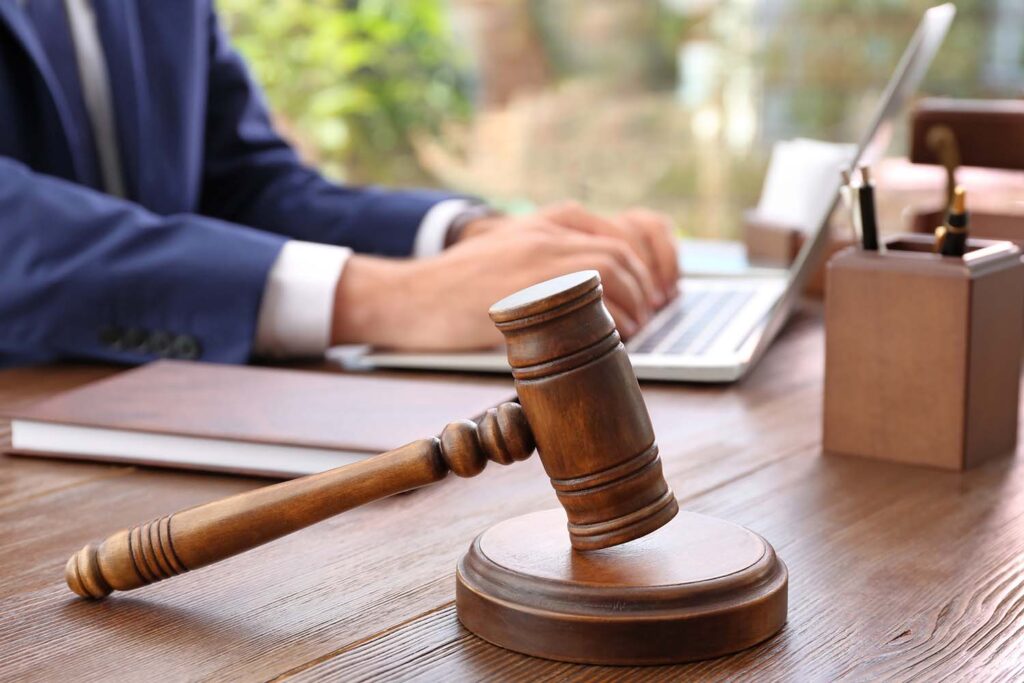State Criminal Laws
When the state charges someone with a crime it is done so via the criminal court system. In this situation, the term state can be in reference to committing a crime that breaks a state law but it is more a broad term that really means, the government. When someone says, a crime against the state, they mean a crime that breaks a law of the government. A crime against the state can be causing harm to a government building or official but it is also a more general term that means the crime against the state is breaking a government’s law.
When you break the laws of one of the state’s in the United States, it will likely be tried at the state level but in some circumstances, the federal courts may have jurisdiction over this. Each county in a state has a District Attorney’s Office and a lawyer called a district attorney (D.A.) that represents the state in criminal cases. Some cities have laws that when they are broken, are tried by a city attorney.

Criminal Defense
When someone is charged with a crime and cannot afford to hire a lawyer, they are typically given the option of having a public defender (P.D.) who is paid for by the state, assigned to their case, or the defendant can choose to represent themselves even though in most situations, this is not recommended.
One reason it is not recommended that people charged with crimes try to defend themselves is because of what is at stake. Most defendants are facing jail time and oftentimes, fees and penalties. If someone is convicted of a crime it becomes a part of their permanent criminal record. A criminal conviction, even something such as a DUI where the convicted did not realize they were intoxicated, can prevent a person from getting some kinds of jobs and can also do things such as take away an existing security clearance that could cause them to lose their job or cause them to have to take a demotion, etc. A criminal conviction can cause problems besides incarceration, such as causing a noncitizen to be deported, regardless of their reasons for being here or if they are in the process of being granted citizenship, or preventing a legal resident alien from becoming a citizen.
Criminal charges are sometimes changed or dropped as the result of a plea bargain. This is when the prosecution presents a bargain to the defendant instead of going to trial. Depending on what is at stake, the defendant may choose to accept the bargain even though it will likely still have punishments such as jail time and/or giving the authorities information to incriminate others; or they may choose to take the risk of a receiving a harsher punishment in the hopes of being acquitted (found innocent).
If a criminal case goes to trial, depending on the circumstances and where the case is being tried, the defendant may have the choice between a jury and a bench trial.
